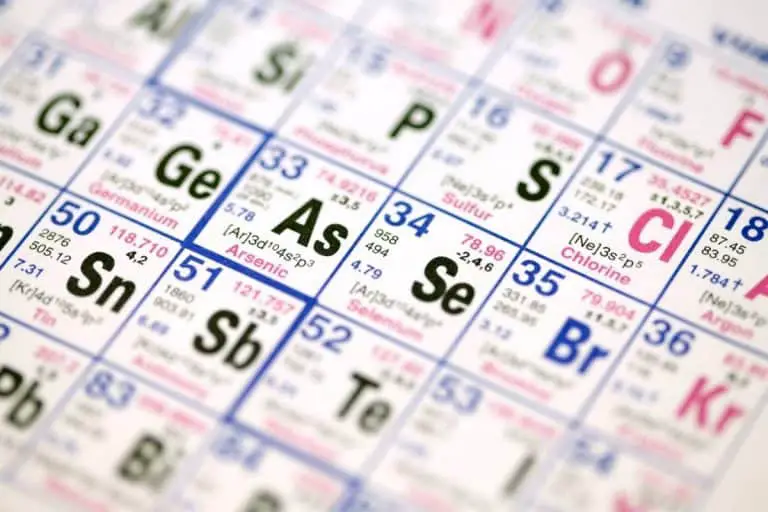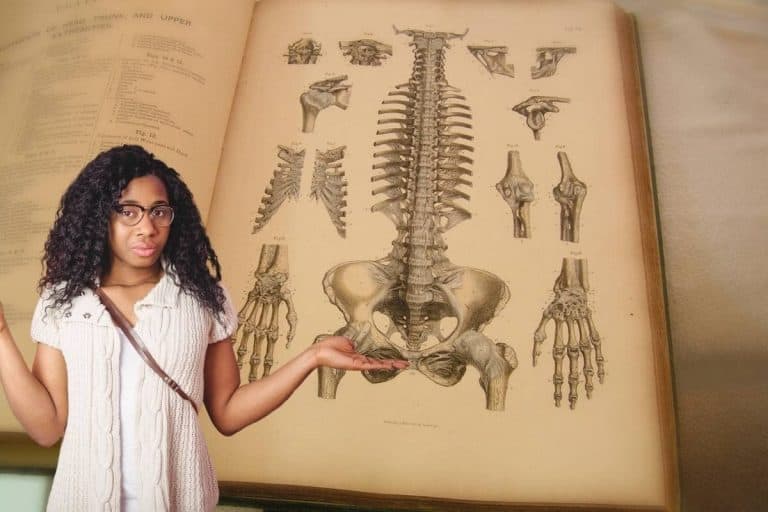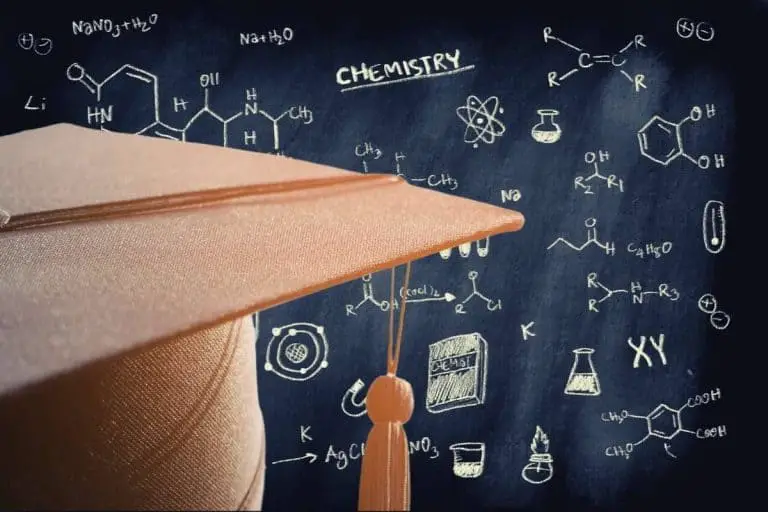Can You Take AP Physics C Without Physics 1? And Should You?
The College Board’s Advanced Placement (AP) program allows college-bound high school students to get a head start on their higher education by offering them the opportunity to take adjusted college-level courses. A student who takes AP classes is more attractive to colleges and could gain valuable credits towards their degree before even beginning college. However,…










